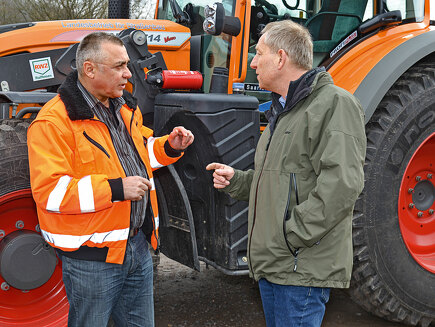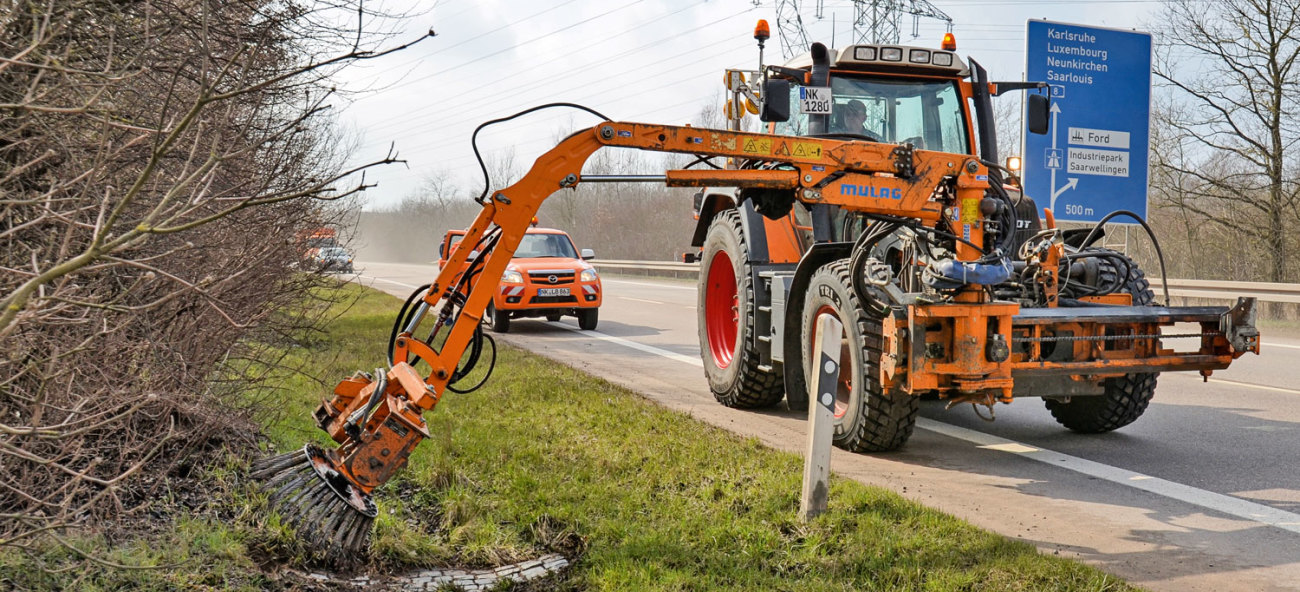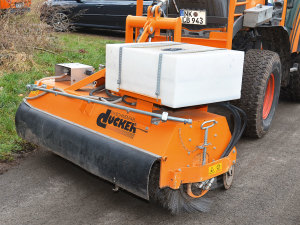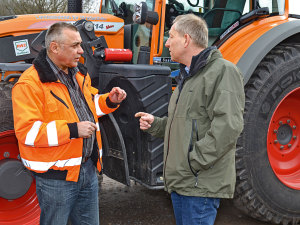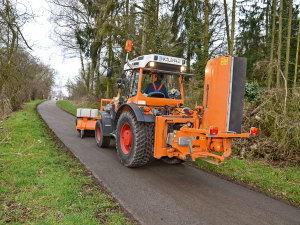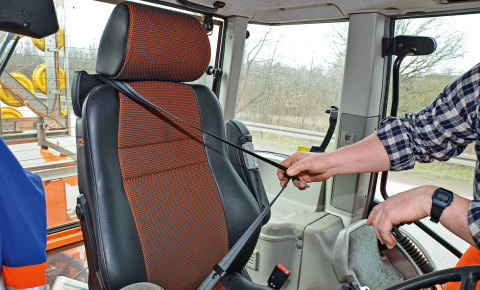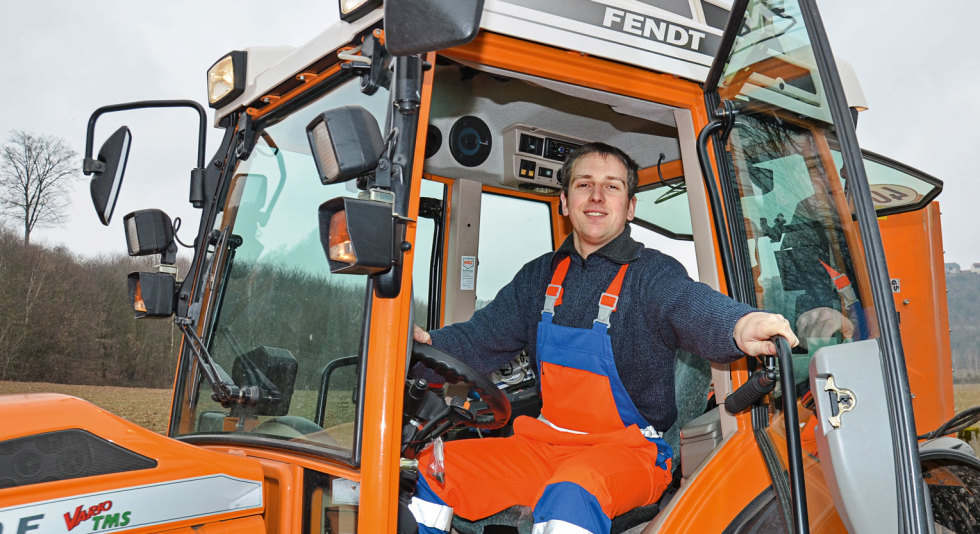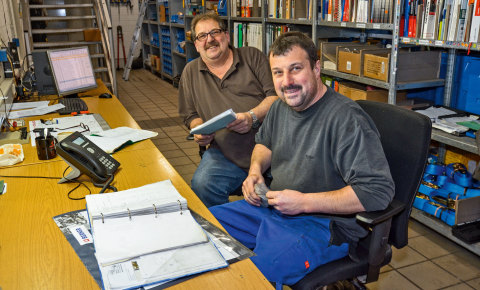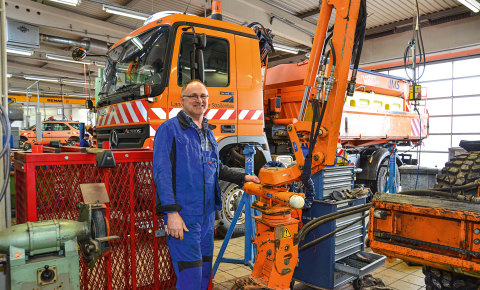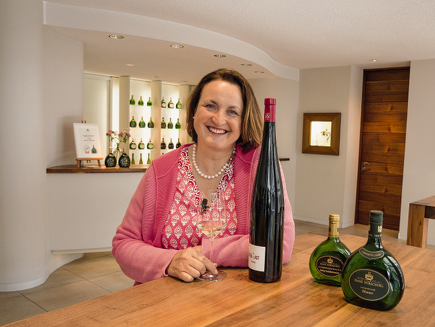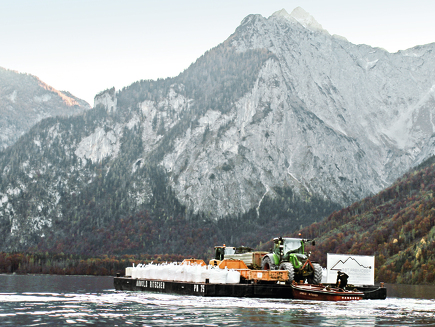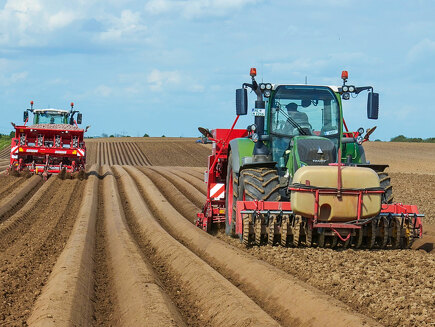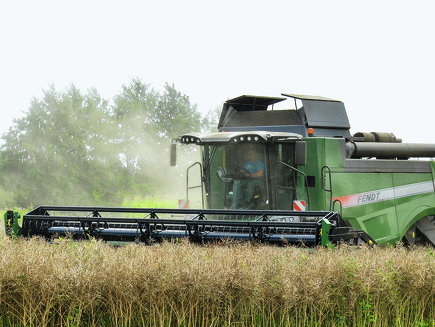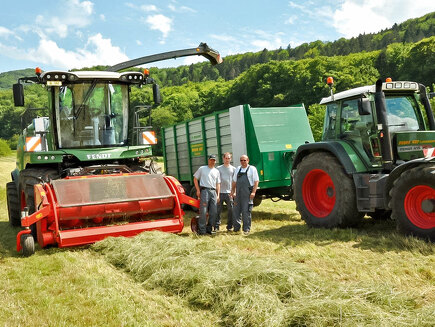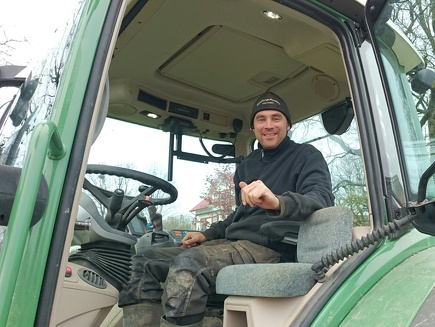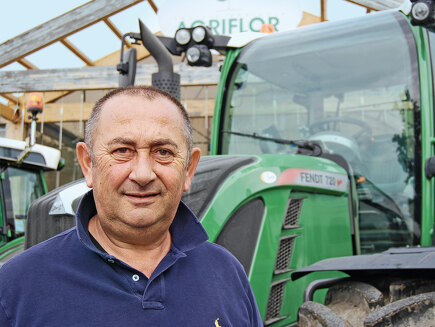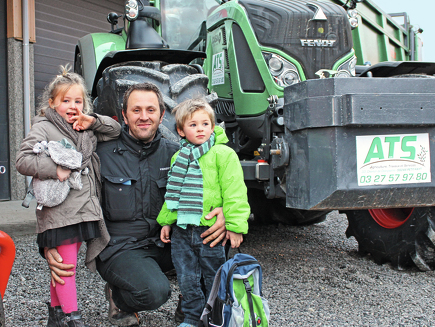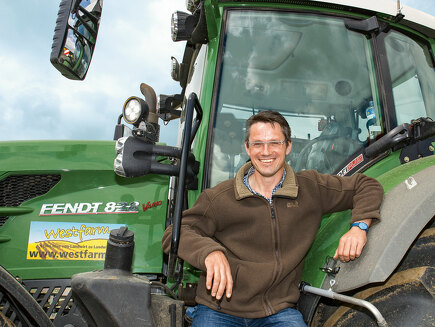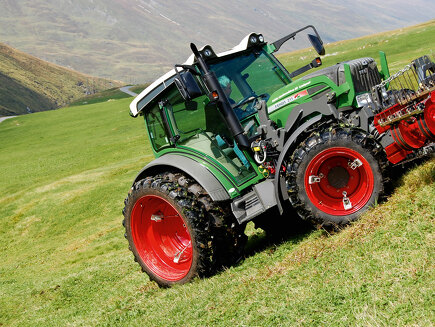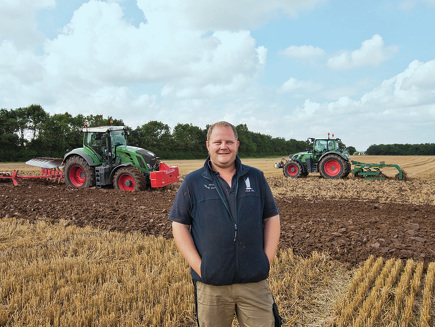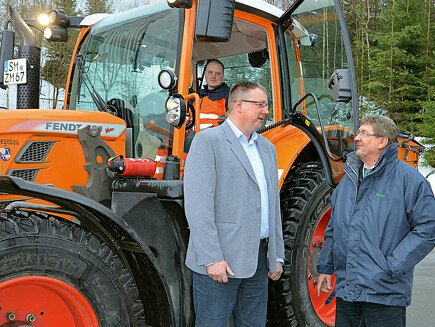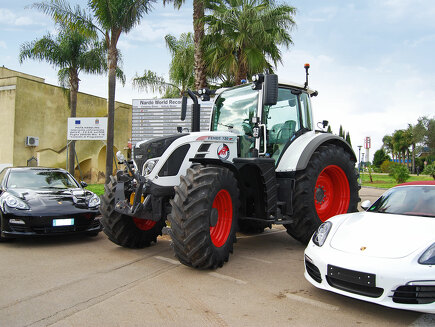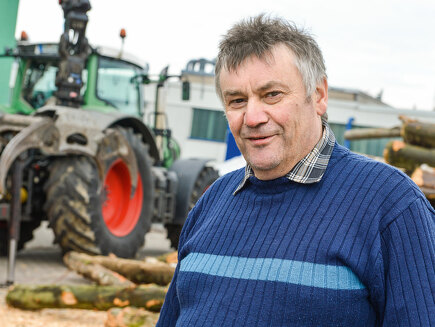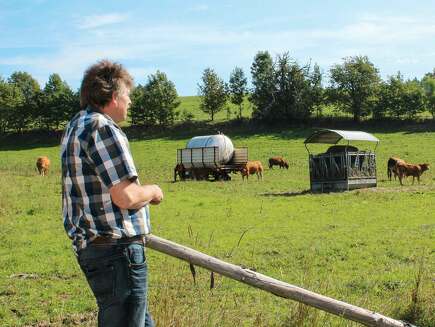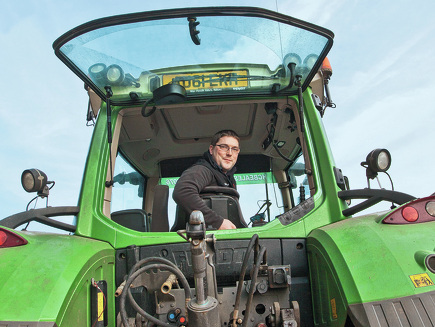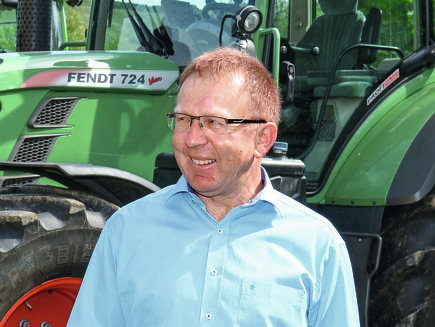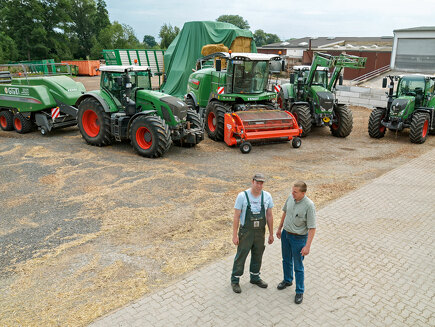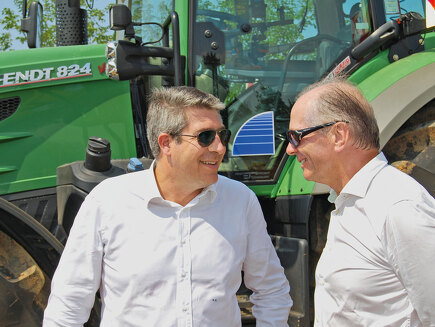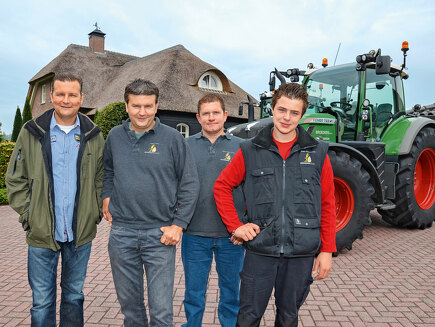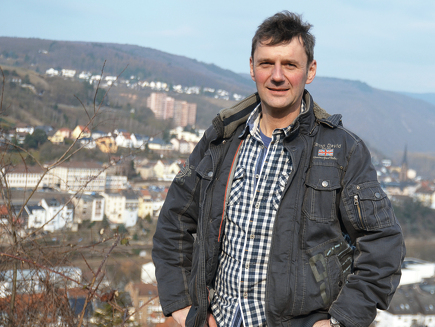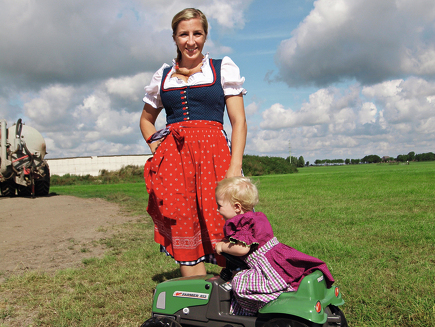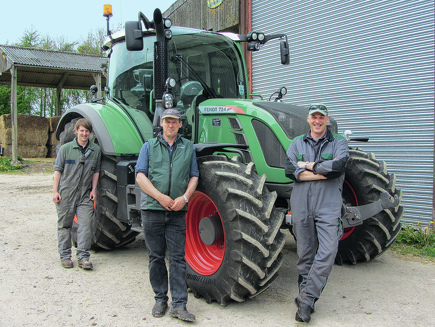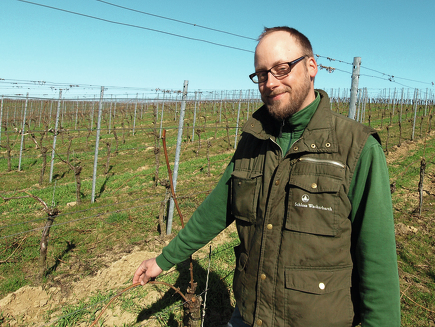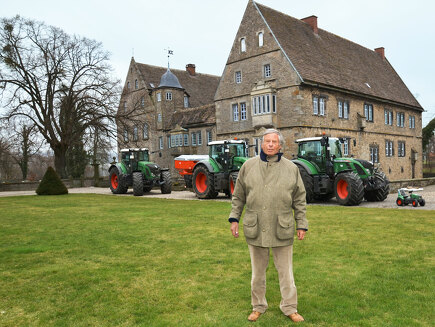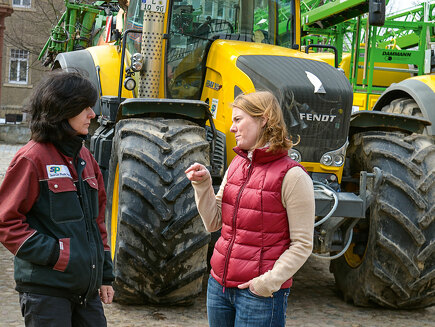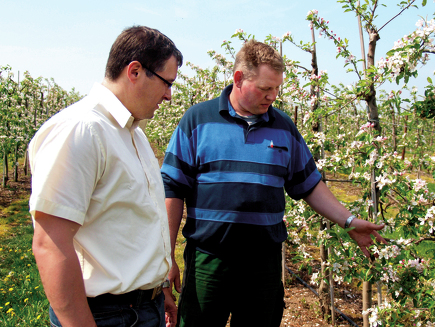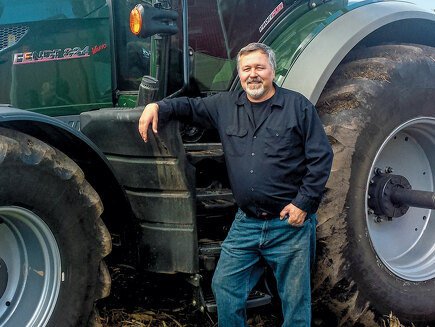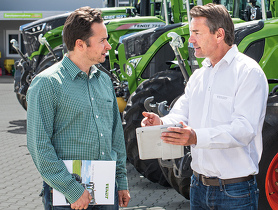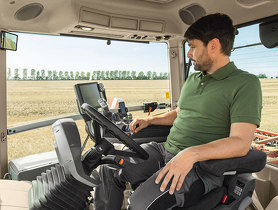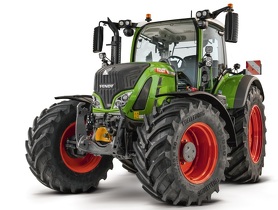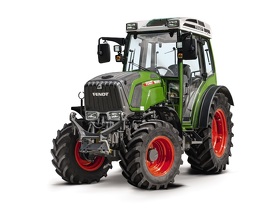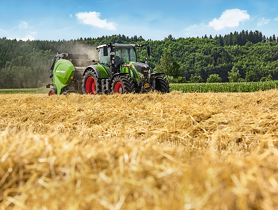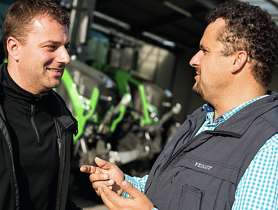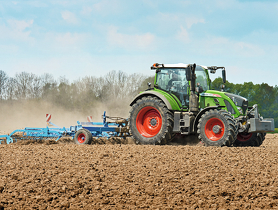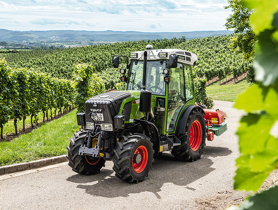Excluding the city states, the Saarland is the smallest state in the Federal Republic of Germany with a total area of 2570 square kilometres. It stretches over parts of the Hunsrück, the Lorraine Scarplands and the Saar-Nahe Uplands. This region is connected by an excellent highway and road network. It is maintained and repaired by the state-run business for road construction, the “Landesbetrieb für Straßenbau” (LfS). It uses eleven Fendt tractors.
The Landesbetrieb für Straßenbau is an institution in the Saarland. The enterprise turns over some 120 million euros annually for an efficient, safe and environmentally friendly highway and road network. More precisely, that amounts to 240 km of highways, 300 km of national roads, 1430 km of state roads, more than 490 km of cycling and walking paths and 1,900 buildings, which all need to be maintained and repaired. Some 560 employees at twelve subsidiaries throughout the entire state are working on that. “A very important prerequisite for a functional economy is unlimited mobility,” explains Hans the require Mosbach, highlighting the significance of the road construction business. The automobile mechanic has been with the company since 1980 and has been managing the central workshop of the LfS in Theley for 20 years. No wheel turns without him and his 18 employees. All machines and implements come here for inspection, maintenance or servicing in the ultramodern workshop: from the smallest power saw to big trucks. All repairs are carried out here. That is why Hans Mosbach also has a decisive word when new purchases are made.

